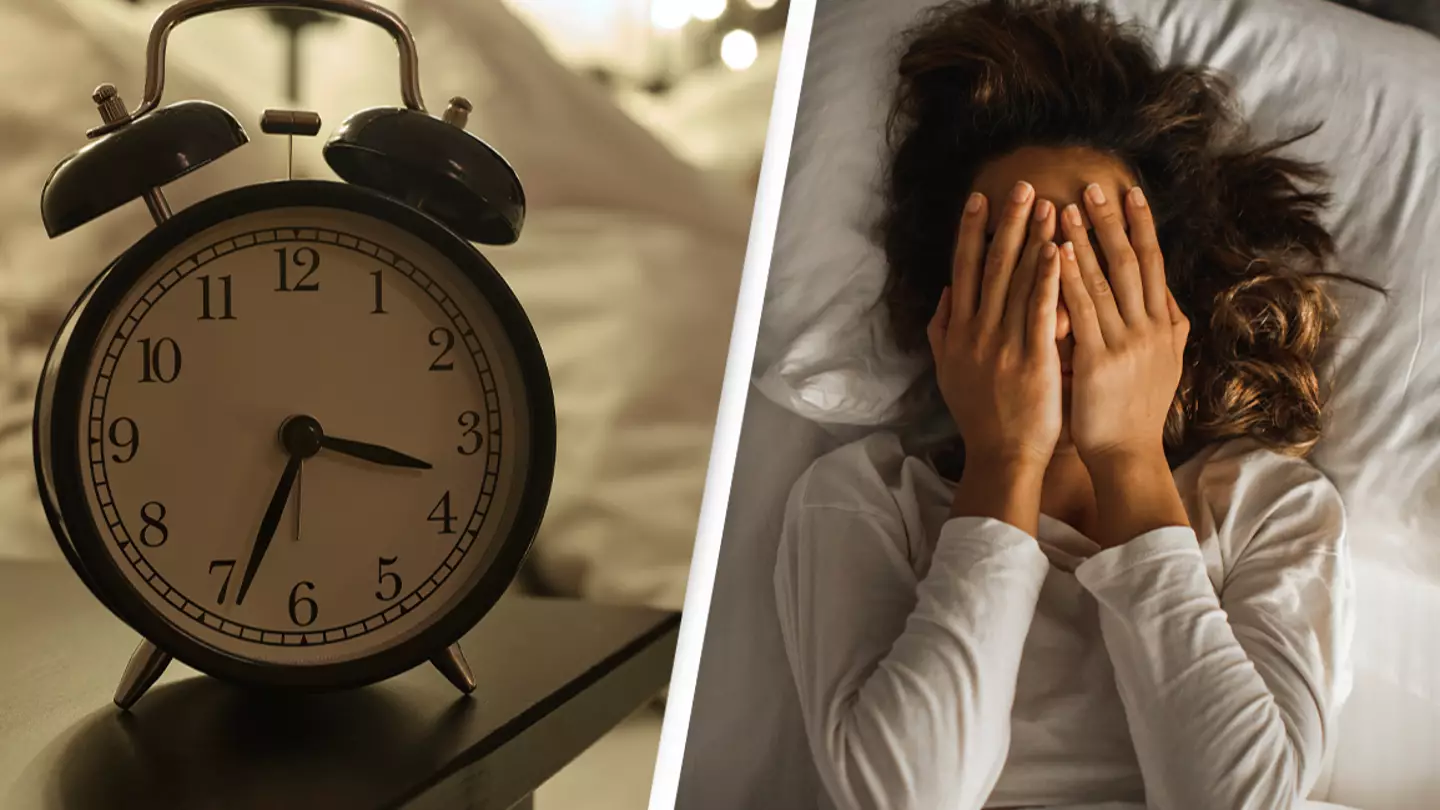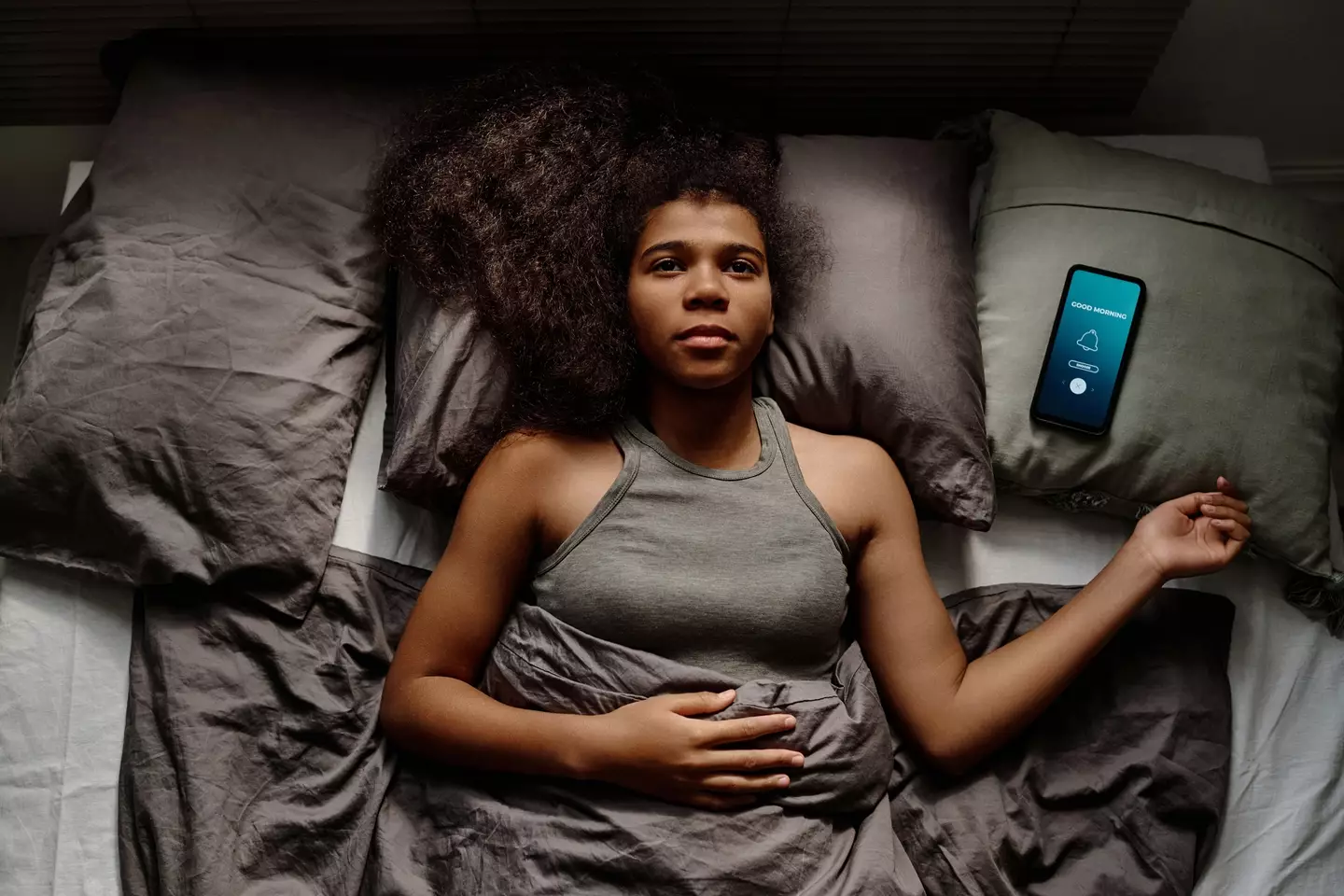
A millionaire who’s spending $2 million a year on a mission to ‘live forever’ has explained exactly why he’s doing it.
Finance technology magnate Bryan Johnson has made headlines for his unusual regime to extend his life, which began in 2021.
Dubbed ‘Project Blueprint,’ he’s hacking his health in an attempt to reverse the aging process in every single one of his organs and live forever.
Johnson made his fortune after founding payment systems company Braintree in 2007, which acquired Venmo for $26.2 million in 2012.
The business was then bought out by PayPal for $800 million in 2013, cementing Johnson’s multimillionaire status.
But the entrepreneur – who now reportedly has a net worth of $400 million – spent much of the following decade binging on junk food, drinking in excess and dealing with mental health issues, including depression.
So he decided to change that, and eating all his meals from his strict diet before 11am and going to sleep at 8.30pm are some of the more tame steps taken by the 47-year-old.
But his upcoming Netflix documentary, Don’t Die: The Man Who Wants To Live Forever, explores the more extreme practices he’s tried in an attempt to prolong his time on Earth.

Bryan Johnson has gone to some extreme lengths to reverse the aging process (Instagram/@bryanjohnson_)
Johnson explains his rationale behind blood plasma transfusions between him, his 17-year-old son, Talmage, and his 70-year-old father – even previously claiming that his ‘super blood’ had reversed his dad’s age by 25 years.
However, he’s since stopped the practice after six months due to ‘no benefits’ being detected, according to Fortune.
In the documentary trailer, he explains exactly why he’s wants to live forever.
He says: “I really want to have multiple lifetimes with my son. One hundred lifetimes isn’t going to be enough.”
Johnson previously told The Guardian in 2023 of the realization he had before starting up Project Blueprint, explaining after his decade-long slump: “What I said about myself is: do I really think that I can live my best life on my own?
“And I decided that, no, I can’t. I just don’t have what it takes. I really need this augmentation.”

Bryan and his son Talmage (Netflix)
Tiger King director Chris Smith is behind the new documentary, which delves deep into into Johnson’s psyche and gives intimate access to his grueling daily routine, home life and medical procedures.
It also aims to tackle the ‘larger issues it raises about our fear of mortality and long-held notions about growing older’.
Smith told Tudum: “Last year, I saw a headline about a man spending $2 million a year to become 18 again.
“That initial curiosity led to a 12-month journey following Bryan Johnson’s quest and its effect on those closest to him, while interviewing experts from around the world to get a better understanding of the people trying to live healthier, longer.
He spoke of the impact working on the documentary has had on his own health, adding: “A year later, I drink less, go to bed earlier, and wear a ring that tells me how bad my sleep is.”
Don’t Die: The Man Who Wants To Live Forever drops on Netflix on Wednesday (January 1).
Topics: Health, Science, Technology, Netflix, Business, Psychology

Broken sleep is a niggle that can set you up for a bad day, but there are a few things you can do to help sleep through the night.
Personally, I’m used to waking up several times a night now as my son, a toddler, is in a routine where he wakes up at around 2am to get into mine and his mom’s bed and proceeds to take up my side of the mattress.
But who can relate to that?
However, what may resonate with you is when you suddenly wake up in the middle of the night – most commonly at 4am, so the early morning – but come on, we all call it night unless you’re one of those nutters like Mark Wahlberg.
Well, if you’re one of those people who keeps waking up at around 4am, then deputy CEO of The Sleep Charity Lisa Artis is on hand to explain why – and it’s not just because you’re tired.
“We start to experience less deep sleep after around four to five hours,” she told the Daily Star.
Meaning if you tend to go to sleep at around 11pm, then your body clock is waking you up hours later. But why is this?
“Sleep is guided by our internal clock or circadian rhythm. One of the most significant and well-known circadian rhythms is the sleep-wake cycle,” Artis explains.

If you wake up in the middle of the night it is often because the hormones running your body clock are all skewed (Getty Stock Image)
“Sleep is regulated by the levels of two hormones: melatonin and cortisol, which follow a regular 24-hour pattern. Melatonin helps you fall asleep, while cortisol aids in waking you up and keeping you alert.”
So, basically you need to keep an eye on what increases or decreases the levels of these two hormones in your body… and, quelle surprise, tech like cell phones, TVs, and tablets can drastically affect your ‘biological alarm cock’.
Knowledge of these 4am wake ups comes following research carried out by UK-based health insurance company Bupa that surveyed 4,000 Brits over the age of 18 and found that more than three-fifths of them wake up in the middle of the night. Claiming that 32 million Brits wake up at precisely 4.05am worrying about their health.
Anyway, there are a few things you can do to prevent waking up – Dr Mariyam H Malik, of Pall Mall Medical, has listed a few things you can do for a peaceful night sleep.

Hopefully these tips will get you sleeping and waking with a smile again (Getty Stock Image)
She suggested: “Keep a journal by your bedside and write down your worries before going to bed. This practice can help get your concerns out of your mind and onto paper, making it easier to let go of them temporarily.
“Engage in calming activities before bedtime, such as reading, listening to soothing music, or practising relaxation techniques, like deep breathing or meditation.”
There are a few other things you can do including meditating or practicing mindfulness exercises before going to bed as itn helps to reduce anxiety.
One of the things you shouldn’t be doing before bed is doomscrolling on your phone – in fact Malik even advises people to leave their devices outside the bedroom, adding: “Blue light from electronic devices can suppress melatonin production.”
Hopefully, this will help you catch some z’s. Night, night guys.


